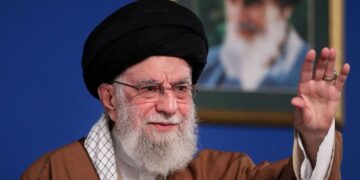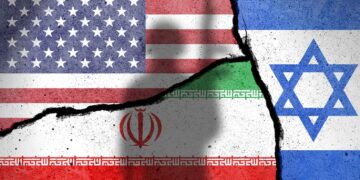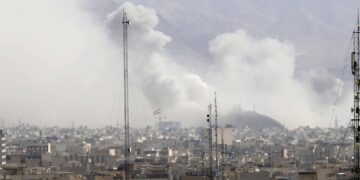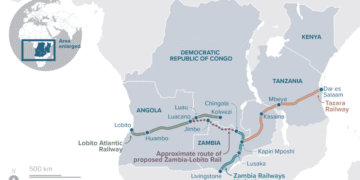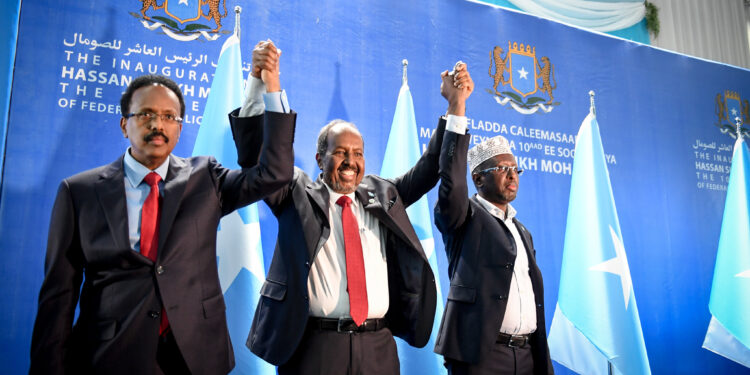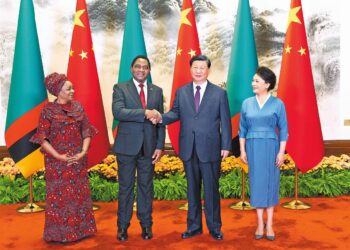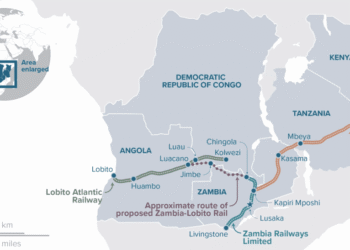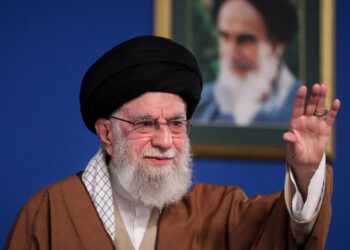Mogadishu — The Somalia elections debate is intensifying as political leaders and stakeholders remain divided over the country’s electoral model and timeline. The disagreement has raised fears of further delays, threatening Somalia’s fragile political stability and reform process.
Dispute Over Electoral Model
At the heart of the Somalia elections debate is whether the country should move toward a one-person-one-vote system or continue with the clan-based power-sharing formula. President Hassan Sheikh Mohamud has reiterated his support for a universal suffrage model, arguing that it would strengthen democratic legitimacy. However, opposition leaders and some regional state authorities insist that Somalia is not yet ready, citing security concerns, logistical challenges, and lack of infrastructure.
Federal Government vs Regional States
Tensions between the federal government and federal member states have complicated the debate. Leaders in Puntland and Jubaland accuse Mogadishu of attempting to centralize power, while the federal government counters that delays are being used as political leverage. International partners have urged compromise, warning that political gridlock could derail much-needed reforms and distract from the fight against al-Shabaab.
Public Reaction and Risks
Civil society groups, youth activists, and women’s organizations have called for greater inclusion in the electoral process. Many argue that Somalia’s future depends on breaking away from clan-based politics. Yet, the continued stalemate risks disillusioning citizens who have waited decades for a direct vote. Analysts warn that unresolved disagreements could spark renewed political instability or delay other key reforms, including constitutional review and security transition plans.
The Road Ahead
Talks are ongoing, with mediators pushing for a consensus roadmap before the end of the year. Whether Somalia adopts a new electoral framework or sticks with the indirect model, the outcome of the Somalia elections debate will shape the country’s governance and legitimacy for years to come.

